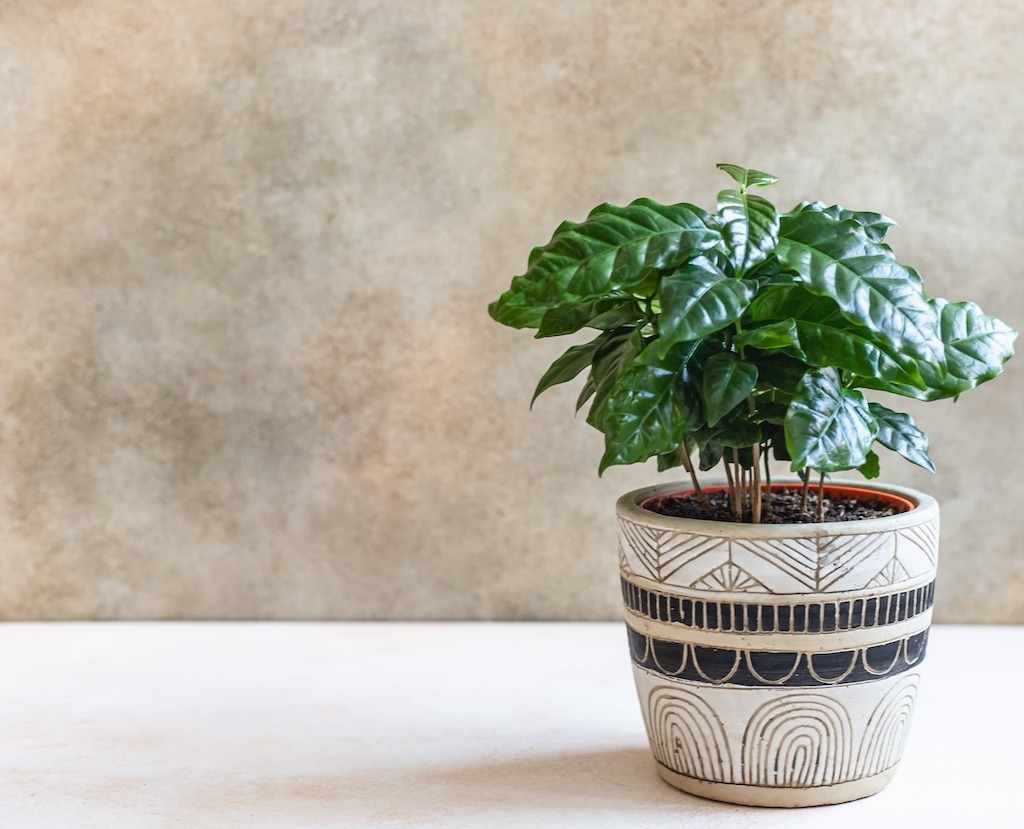Speciality Coffee Roasters

As a progressive roaster focusing on quality we use the phrase ‘speciality coffee’ to mean coffees that have scored 80+ according to the SCA and CQI coffee grading standard.
I passed my Arabica Q grading qualification at the start of this year. The Q grading course is designed to teach and test coffee cuppers to ensure they all communicate using a common grading system. The scoring system used for each coffee is broken down into several categories. We score fragrance and aroma of the dry and wet coffee and then taste evaluate for acidity, aftertaste, body, balance, sweetness, uniformity and clean cup. Heavy penalties are deducted for coffees with noticeable taste defects. They can include chemical like taints (ie phenolic) or mouldy, over fermented flavours. The idea behind the Q grading program is that a qualified Q grader in an origin country should score coffee very similar to a Q grader back at home.
Speciality Grade Coffee
A lot of hard work and energy goes into the production of speciality grade coffee, and all of the producers we work with will have earned a significant premium for the high quality coffee that they produce. Generally we look to purchase coffees that cup with scores of 83+ and in most cases 85+. From a taste perception there is a significant difference between a coffee that scores 80 and one that scores 85. Coffees in the low 80’s will have positive and enjoyable flavour attributes but generally without any significant or complexity.
As the coffee score increases so does the complexity of the coffee and the overall clarity of unique flavours. The producers we work with in Rwanda (Bwishaza co-operative and Liza washing station) are paid between 1.7 and 2.5 times the fair trade price for the outstanding washed and natural processed coffee they produce.
Coffees classed as speciality coffee must also have a low defect count. A 350g gram samples of green coffee beans is graded and during this process visual defects are identified. These can include contaminants (ie. sticks and stones), fungus damaged beans, over ripe beans, broken beans and a variety of other visual issues. For a coffee to be classed as speciality it should not have any primary defects, this includes things like contaminants and fungus damage. Up to 5 category two defects are permitted and these include things like broken or chipped beans and are less likely to have a significant impact on flavour.
Aged Coffee Beans
One big issue we regularly come across when cupping samples or evaluating potential coffee beans is age related defects. A coffee might be graded when fresh from harvest at 85+ but if it’s not properly packaged, shipped and stored the green coffee will fade faster than usual. This can sometimes happen in a matter of months! The age related flavours are woody and very unpleasant. This has the potential to reduce a coffee to below 80 and out of the speciality range. For this reason we are very careful to make sure we evaluate our coffees regularly and where possible request vacuum packaging to help to avoid aged flavours.
